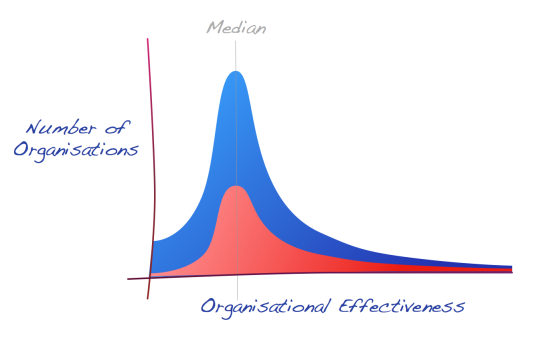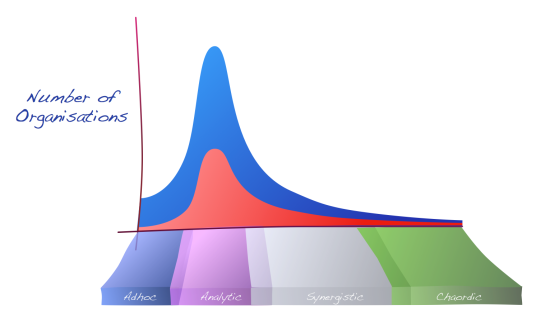Rightshifting the HiveMind

This is the first in what may become a series of posts charting the Rightshifting journey of the HiveMind Network.
I’m feeling somewhat uneasy about the idea of embarking on such a rightshifting journey. Personally, I prefer to travel in company rather than alone, and I prefer to enjoy the journey rather than look forward to a destination. Will fellow travellers emerge? Will they also find more joy in the travelling than in anticipating an arrival? I guess we shall see.
“Remember what Bilbo used to say: It’s a dangerous business, Frodo, going out your door. You step onto the road, and if you don’t keep your feet, there’s no knowing where you might be swept off to.”
~ J.R.R. Tolkien, The Lord of the Rings
Early Days
I know relatively few of the circa two hundred HiveMinders in person, and I have as yet had very few conversations with anybody about what their needs might be. So I’m uncertain as to the appetite for seeing HiveMind rightshift, and indeed the degree to which folks might want to get involved in that.
I’m guessing there’s a wide variety of degrees of interest in getting involved:

NB. I’d place myself in the rightmost decile, here.
Still, I feel upbeat about asking the questions, and at the very least it might afford me an opportunity to make some meaningful connections with fellow (sic) HiveMinders. I suspect that, at least, will not be too unwelcome or burdensome.
Rightshifting the Consulting Game
For the benefit of any HiveMind folks that might read this post, I’ll just set out the core Rightshifting proposition, and place it in the context of all consulting firms. Here’s what I suppose to be the distribution of consulting businesses (red curve) overlaid against the global distribution of knowledge-work businesses (blue curve) and set along a horizontal scale of organisational effectiveness:

This illustrates that, unsurprisingly, the distribution of consultancies pretty much tracks the distribution of their markets. To see why this might be, here’s the Marshall Model overlaid on the above chart:

This (matched) distribution of consulting firms is predicated on the assumption that to win business, a consultancy must demonstrate an understanding of the collective mindset of its customers and potential customers. How likely is it, for example, that an Analytic-minded client would seek help from an Adhoc-minded or Synergistic-minded consultancy? Where would be the necessary credibility? A consultant or consulting firm might be able to paper over the mismatch for a while, but given their advice would be coming from a different place (a different worldview), I suggest it would not take long for the client to wake up to, and become increasingly unhappy with, the mismatch. (See: Organisational Cognitive Dissonance).
This all raises a number of questions about where HiveMinders might want or need the HiveMind Network to be, on the above chart. In other words – how effective? Near the peak of the blue curve, for maximum sales opportunities (albeit to Analytic-minded client organisations)? Or somewhere further to the right, where the opportunities are fewer, but the client organisations are more in tune with what the HiveMind Network has to offer, and the experience of working with such clients more “sweet”?
What Do We Believe?
As a loose affiliation of more or less independent “experts”, from a wide range of domains, I wonder if there is (yet) any “collective mindset” as such in the HiveMind Network? Maybe such a collective mindset has not coalesced as yet. Or maybe there are a number of more or less disjoint nodes, perhaps reflecting the social and geographic distribution of the “network”, each node with its own distinct collective mindset (a.k.a. collective psyches; memeplexes; sets of shared assumptions or systematic patterns of thought about the nature of work).
The name HiveMind does at least lend itself to considerations of collective mindset. At this stage I’m wondering what sets of assumptions folks hold – both about the nature of work in general, and the way HiveMind should work, in particular. Will folks be willing to air and examine these sets of assumptions? Would that serve as a place to start?
Shared Purpose
And let’s not overlook the question of shared, common purpose. Quoting from the HiveMind Constitution:
“HiveMind’s purpose is to find, channel and reward the experience, intellect, ability, passion and creativity of the smartest business and technology experts from around the globe, and in so doing help our clients and each other to prosper in the modern digitally connected world of technology enabled business.”
Personally, that doesn’t grab me at all as something I can get behind and live every day. Conversely, I find the informal purpose I have heard to be very compelling, and close to my own needs, and heart. Something like:
“To have a better experience of and at work.”
I guess you know that as a Rightshifter I can so get behind that.
Stepping Out
So I begin this journey as a sole traveller. And I invite folks to come wander – and wonder – with me. Do you need to see HiveMind get better and better? To serve its clients better and better? To provide a better and better experience to all who come into contact? What does “better and better” mean for you?
And would you be willing to get involved in any way? Would you be willing to get in touch for a chat, or to mention this to others who just might be willing, too?
How about we take a stroll out beyond ideas of wrongdoing and rightdoing? To that field. Maybe you know it? I’ll meet you there.
“Not all those who wander are lost.”
~ J.R.R. Tolkien, The Lord of the Rings
– Bob
Further Reading
Joy, Inc. ~ Richard Sheridan
Creativity, Inc. ~ Ed Catmul
Maverick! ~ Ricardo Semler
Open Minds ~ Andy Law






